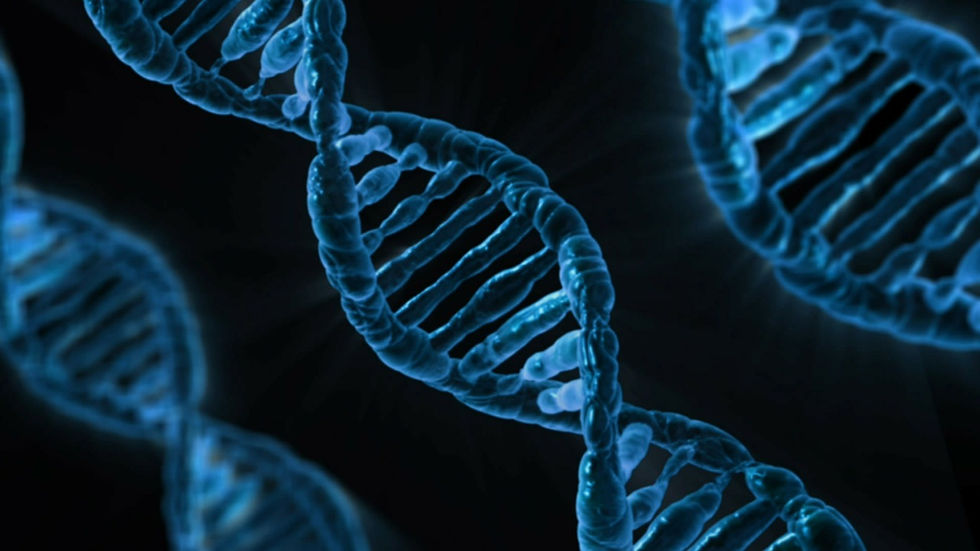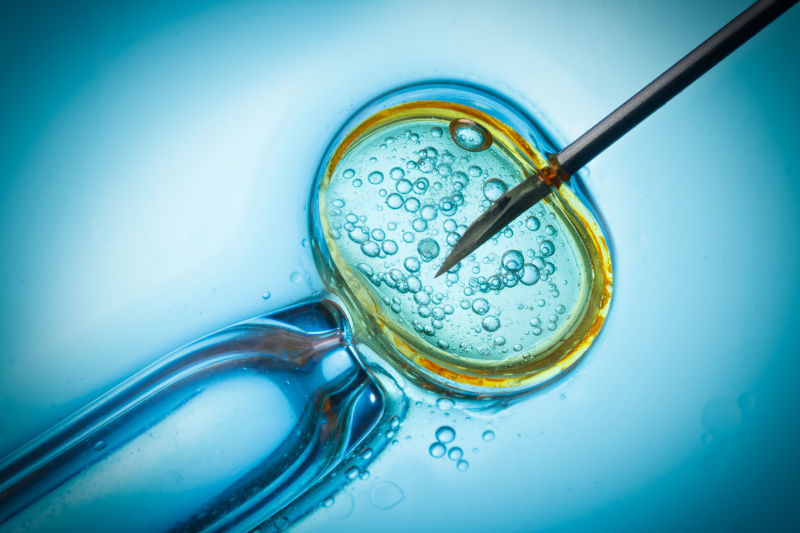The Miracle Question
- Marika Elters
- Jun 10, 2018
- 4 min read
What if you were given the option to have your beloved ones live for eternity through human cloning? Try to formulate this thought. Presume with the advancements in technology and science we had the ability to bring back a deceased sibling, parent, child, friend, relative, or even partner from the dead. This miraculous event occurs and now your prayers have been answered. When you wake up in the morning, it is as nothing has ever changed. Or has it? While this may be perceived as a great concept, it doesn’t necessarily mean the end result will be beneficial. Restoring DNA for the sole purpose of preserving physical and spiritual traits of deceased loved ones can be extremely problematic. The intent is to make you feel once again connected to that exact replica. While it is argued that the exact reproduction of the original DNA will be executed, it only limited to physical characteristics and not based on personality. It is important to note that we all contain indistinguishable forms of individual identities. This includes our thoughts, feelings, emotions, creativity and mannerisms, all of which hold an immense subjective quality that one cannot simply replace or duplicate. Rather, human cloning suggests we our simply mortal beings which can be replaced or improved. This is in contrast to being viewed as a divine creation. Surely we must know that we are not solely defined by our physical features; our face, height, hair and eyes, but we each capture an unprecedented trait that makes us different from the rest.

For example, in the play A Number written by Caryl Churchill, the author allows viewers to conceptualize the adverse impact that modern and scientific adaptations, known as human cloning, may have on society and our personal relationships. Churchill addresses the essence of human identities and how science largely constructs us as mere organisms that can be experimented on and genetically altered to fill a void. In the play, the character Salter, who grieves over the loss over his first son Bernard, explores the possibility that cloning his sons DNA would be the best recourse of action for starting over. Salter, who is on the quest to restore some sort of father-son relationship, agrees to have his beloved son cloned. In reflection, he comes to terms with the irreparable emotional damage that his decision left on others.
In scene 2 of A Number, the original Bernard (“Bernard (1)”) becomes aware of his fate, it prompts him to express feelings of anger, frustrations, betrayal and outrage towards his father’s careless decisions to have him cloned. Bernard begins to questions his own identity and purpose of existence. Bernard (1) expresses that he has been cheated and robbed from his own identity. He is outraged and asserts that he is a replaceable commodity that could be easily disposed, like trash. Churchill does an outstanding job at eliciting the thought that human cloning takes away our agency to make decisions for ourselves. It robs us from sustaining our own uniqueness and disregards our own value and worth.

The clone of Bernard (“Bernard (2)”) finds extreme disappointment in his circumstance. Bernard (2) expresses that, “I am different, and I am just a copy.” Bernard (2)’s journey is to find some sort of confirmation that he is original, loved and accepted for who he is. Bernard (2) asks his father if he was given a different name than the original, and when he finds out that he has the same name, begins to question his own authenticity. Bernard (2) asserts that he is less than equal to his counterpart of a brother. In addition, Bernard (2) questions his father’s sincerity and believes that he was simply created just to imitate someone else’s existence. This poses an existential question: Are we just a mass of muscles, tissue, fat and flesh that is easily replicated, or are we individuals, capable of unique thoughts, distinguishable from even a complete physical replication.
Salter expresses guilt, shame and remorse for his actions, but tells Bernard (1) that initially he agreed to have one clone but as a result, copies were made with his same DNA. Churchill raises another good point, one providing that medical and legal authority to release genetic material of your loved one has the potential to invite malpractice in society. The topic of agency comes into precedence here; as you are no longer able to preserve bodily human rights, regarding decisions about your body. Although in the end, Salter produces feelings of resentment, guilt, and shame for his decisions and actions. The casual observer would feel great pain, sadness, and heartache for the loss of Salter’s beloved son, but cloning simply will never fill the father’s void.
Cloning should not be completely criticized. It should be argued that when used properly and in a manner that adheres to the ethical regulations and conduct which places unique human thought as the highest regard, it can be justified in its use. From a medical perspective, human cloning presents benefits that are attributed to replacing defective vital organs. Moreover, it can also be beneficial for individuals or couples who are experiencing fertility issues, as it is considered a leading option to help women conceive. Lastly, it has the ability to advance our knowledge and understanding of genetic research. We should not mistake these scientific advances, however, as a means to replace our identities, qualities, competencies and experiences which make us individuals.
References:
Pappas, Stephanie. “MONKEYS HAVE BEEN CLONED, PAVING THE WAY FOR HUMAN CLONING.” Live Science Contributor, 24 Jan. 2018, www.livescience.com/61516-monkeys-cloned.html.
Clements, Colleen. “Cloning Message Distorted.” Medical Post, vol. 39, no. 44, 2 Dec. 2003.
Talbot, Margaret. “The Cloning Mission: A Desire to Duplicate.” The New York Times, 4 Feb. 2001, www.nytimes.com/2001/02/04/magazine/the-cloning-mission-a-desire-to-duplicate.html.
Krauthammer, Charles. “The Fatal Promise of Cloning.” Time, Canadian Edition; Toronto, vol. 159, no. 25, 24 June 2002.
Churchill, Caryl, director. A Number. New York Theatre: Communications Group, 2003.
https://en.wikipedia.org/wiki/Caryl_Churchill
https://www.scientificamerican.com/article/the-ethical-consideration/
Picture References:
https://pixabay.com/en/dna-biology-medicine-gene-163466/
http://aboutislam.net/science/faith-science/devilish-human-cloning-for-islam/


Comments